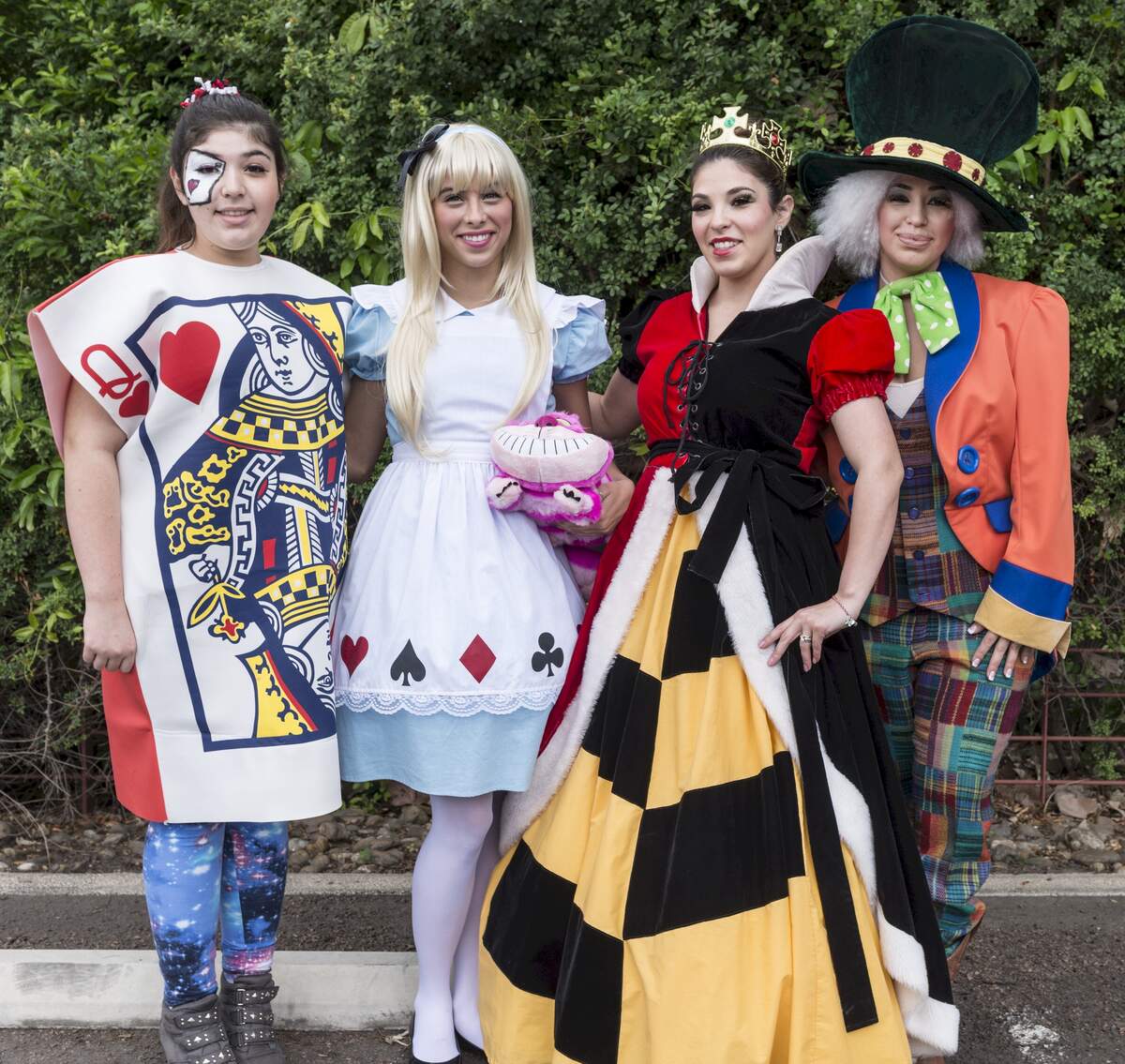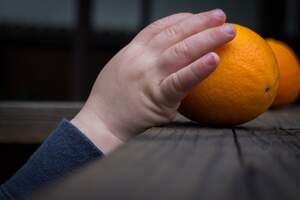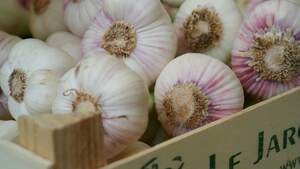

Mad Hatter Day
Observed
annually on October 6th (since 1986)
Dates
Founded by
Dick Dunn in 1986
Hashtags
Sources
https://www.anrdoezrs.net/links/100298379/type/dlg/http://www.newspapers.com/image/539160519/
https://en.wikipedia.org/wiki/Hatter_(Alice%27s_Adventures_in_Wonderland)
https://www.holidayinsights.com/moreholidays/October/madhatterday.htm
https://www.anrdoezrs.net/links/100298379/type/dlg/https://www.newspapers.com/image/199861906/
https://www.anrdoezrs.net/links/100298379/type/dlg/https://www.newspapers.com/image/449357844/
https://www.anrdoezrs.net/links/100298379/type/dlg/https://www.newspapers.com/image/530833524/
The Hatter, usually known as the Mad Hatter, appeared in Lewis Carroll's 1865 children's novel, Alice's Adventures in Wonderland, and in its sequel, Through the Looking-Glass. Mad Hatter Day is a day of silliness, not unlike April Fools' Day. The normal and natural are questioned, and things of the absurd are partaken in. Dick Dunn, who was a computer technician at Interactive Systems in Boulder, Colorado, created Mad Hatter Day in 1986, and said "outrageous statements and non sequiturs are the order of the day." He chose October 6th as its date because Sir John Tenniel, who illustrated the first edition of Alice's Adventures in Wonderland, portrayed the Mad Hatter with a slip tucked into his top hat that said "In this Style 10/6." There's a consensus that the "10/6" refers to an order for a hat in that style for 10 shillings sixpence.
The phrase "mad as a hatter" was already in use by the time Carroll's book was published. Mercury was being used while making felt hats, and many who worked in the hat industry got mercury poisoning, the effects of which were neurological issues like slurred speech, tremors, and memory loss, as well as mood shifts like timidness and shyness. Carroll grew up not far from Stockport, where the main trade was hat making, so he was aware of hatters and their experience with mercury poisoning.
In chapter six of Alice's Adventures in Wonderland, Alice asks the Cheshire Cat, "What sort of people live about here?" He tells her that a Hatter and a March Hare live nearby and that they are "both mad." In the following chapter, "A Mad Tea-Party," Alice finds the Hatter preparing to have tea with the Dormouse and March Hare. The Hatter tells Alice that the group is always doing this because the clock is stuck at 6 p.m., which is tea time. Previously, the Hatter tried to sing for the Queen of Hearts, but she sentenced him to death for "murdering the time." He escaped, but Time retaliated by keeping him stuck at 6 p.m. forever.
Alice observes the Hatter to be acting mad. He is constantly switching seats and uttering unanswerable riddles and nonsensical poetry. The seat changing precludes the group from ever drinking tea. The madness displayed by the Hatter is different from the kind that mercury poisoning would produce, however, where timidness and shyness would be at the forefront, but the world that Alice falls into is a fantastical one, where not all rules apply. On Mad Hatter Day, a bit of the absurd and outrageous are displayed by all who dare to go a little mad just like the Hatter did.
How to Observe Mad Hatter Day
Spend the day going a little mad! Act in absurd ways, make outrageous statements and say some non-sequiturs. Utter unanswerable riddles and nonsensical poetry just like the Hatter. You could even switch up seats constantly, and make and wear a top hat similar to the one he wears. Make sure to write "In this Style 10/6" on it. You could also celebrate by reading Alice's Adventures in Wonderland or the sequel, Through the Looking-Glass. There are many film and television adaptations of the book that could be watched, such as Alice in Wonderland from 1903, the 1951 animated film, or Tim Burton's version.





















